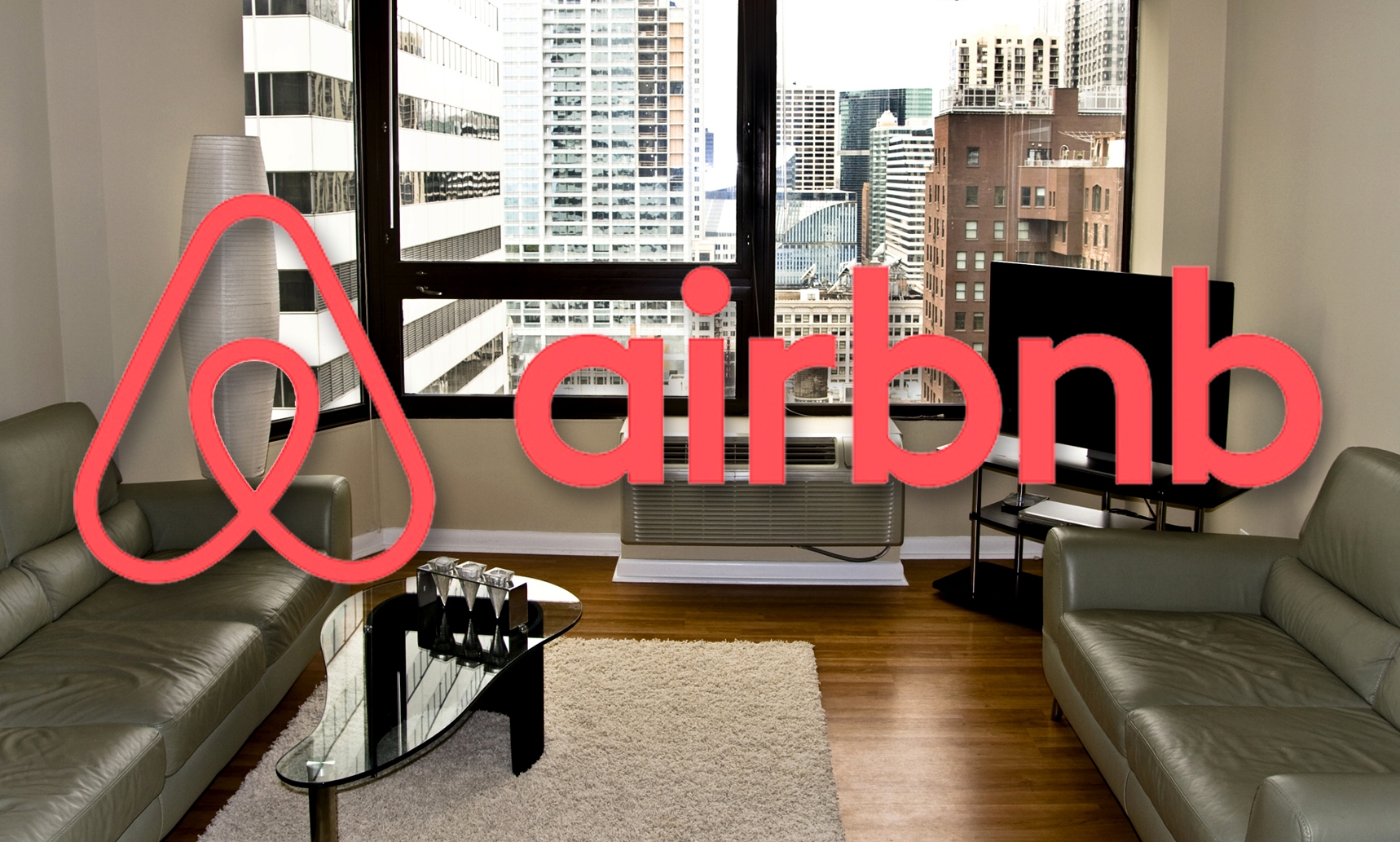Technology is taking the business world by storm. Now you can rent out a room, transport travelers or offer other goods and services online with just a click of a mouse or touch on a phone. But this new “sharing economy” leads to several interesting tax issues we will explore in this new series.
[Part One of an Ongoing Series on Taxes and the Sharing Economy]
Airbnb: Tax Rules You Need to Know
Are you going away on an extended vacation or business trip this summer? While you’re gone, your house, apartment or vacation home will likely remain dormant. But there’s a way for property owners to make some money while they are away from home.
Airbnb has become one of the most popular sites in the new “sharing economy.”
Simply put, you rent your place or other facility, like an RV, for a specific period of time. It can also be a guest room that’s usually unoccupied. Then the site pays you for this service. Listing your space for rent on Airbnb is free and it will even send a photographer to capture a wide-angle shot for better viewing.
Furthermore, if you send people invites, they will receive travel credits to be used for rentals. Also, you’re entitled to travel credits as the host. And you can even choose to restrict lodgers to a select group of people – say, supporters of your alma mater’s basketball team during Match Madness.
What are the tax consequences? The rules for this recent innovation are still evolving, but the IRS has issued some general guidelines.
First and foremost, the amount you earn as an Airbnb host constitutes taxable income. Typically, you’ll receive a 1099 form from the company, stating the amount you earned during the year. It’s up to you to report the income on your return, when this is required.
Second, as an Airnbnb host, you’re generally subject to the tax rules that apply to other landlords. That means you may be able to write off some of your related expenses within certain limits. The exact tax treatment depends on how long you rent out the place and, if it’s for an extended period, how much time you used it personally.
- If you rent out a place for no more than 14 days during the year, there’s a simple approach. You don’t have to report any of the rental income, but you’re not entitled to deduct any expenses either. The entire transaction is tax-free.
- If you rent out the place longer than 14 days, you must report the income and then you can claim offsetting deductions for 100% of your direct expenses, like the cost of cleaning up after tenants leave, and a proportionate share of indirect expenses like utilities and repairs. Plus, you may be entitled to a depreciation allowance.
Special rule: If your personal use exceeds the greater of 14 days or 10% of the time your place is rented out, your deductions are limited to the amount of rental income. In other words, you can’t claim a loss. This rule requires you to calculate your personal use for the year.
For example, say that an Airbnb host goes on vacation for the month of August and rents out a city apartment during that time. Thus, the host uses the apartment personally for 334 days and rents it out for 31 days. So the personal use exceeds the 14 day/10% limit. As a result, the host may deduct 100% of the direct expenses and 8.5 percent of the indirect expenses (31 divided by 365), up to the amount of rental income. Other calculations are required if you rent out only a portion of the home – for example, one bedroom.
Naturally, other tax aspects will come into play. Airbnb hosts are encouraged to seek guidance from their tax advisors.
Thanks for reading CPA Practice Advisor!
Subscribe Already registered? Log In
Need more information? Read the FAQs
Tags: Taxes




